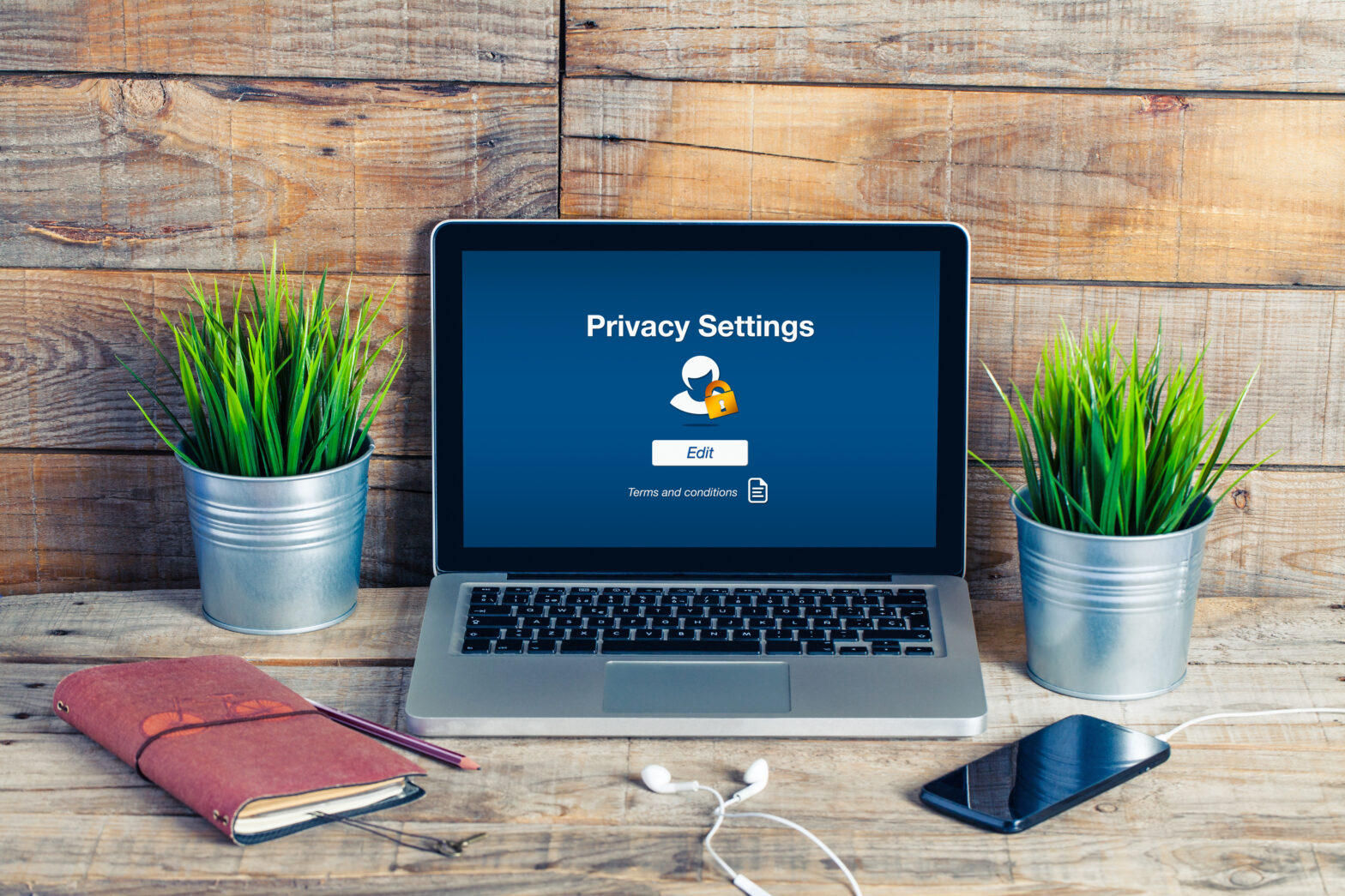It’s easy enough to make sure you’re ‘on’ social media – but are you really using it to the best of your business’s ability?
Forget funny posts and likes; it’s time to get practical and view your social media accounts as a set of tools to meet goals and targets. Read on for some inspiration on how to get started…
For business strategy
If you’re going to be serious about social media you should include it in your business strategy. Given that you can reach vast amounts of people and target specific audiences at a relatively low cost, it’s almost a given.
When writing up a business plan, remember your audience and think about the best way you can reach them – will you use Facebook adverts as a source of lead generation? When planning marketing activities, will you use organic or paid social activity? Has your branding and identity accounted for online activity and audience engagement?
For day-to-day marketing
Whatever you’re doing in terms of marketing – be it a small-scale promotional deal or a large campaign – make sure your social channels are coordinated to make the most of your efforts.
This will ensure your message gets resonated, and, assuming you attract new customers who are inclined to look you up online and on social channels, they will get full exposure to your messaging.
For customer service
If you have a presence online, your customers will find you and use it as a means of communication – whether for good or bad.
You need to try to use this to your advantage. Social media is a quick way to show that you are willing to go the extra mile for your customers, with the added bonus that it’s in a public forum so your helpful attitude is in full view of potential future customers.
There are plenty of ways you can use social media for customer service, but as a rule of thumb: always respond to customers, try to take any negative discussions offline (into a private message or phone call), and make it personal so that customers know a real person is dealing with them – for example, by signing off with your name.
For crisis planning
Sometimes you need to act, and you need to act fast.
A social media account provides you with a ready-made public platform, making it a very effective reactionary tool when you have a crisis on your hands. A public statement can be posted quickly, important safety information can be widely shared, and so on.
Of course, speed is not a replacement for thoughtful communication – for high impact or serious commentary, be extra considerate cautious. What you share, you share with the world.
For a communication channel
Is your retail premise closing for the Bank Holiday, or are you taking late deliveries this time of the year to account for a seasonal rush? For quick or temporary announcements, social media provides an ideal channel to communicate with your customers, clients, distributors or others.
Unlike many other ways of contacting customers with information – a website, newsletter, window display – social media also allows for two-way interaction. If they have questions that you haven’t thought of or just want to send their feedback on an issue, it’s all possible with an active social account.
For networking
The great thing about the internet is its ability to make communities much more accessible; networking becomes a breeze.
From engaging with other SME owners through direct messages, to supporting neighbouring businesses by sharing their posts, to finding like-minded business owners on Twitter by searching niche hashtags to do with your industry – the possibilities are almost infinite.
Plus, if you’re a freelancer or remote worker, you can find fellow remote workers to share knowledge or just foster a sense of community with your online ‘colleagues’.
While trying to tick all of these boxes could seem a bit overwhelming, you can filter by objectively deciding about what suits you and your business – which of these ‘tools’ will give you the best return on investment?
By taking action now, you can make sure you’re not running the risk of cutting off a highly active and engaged audience. Time to get sociable.
Lynn Morrison is the head of business engagement at Opus Energy and a contributor to Brighter Business.






